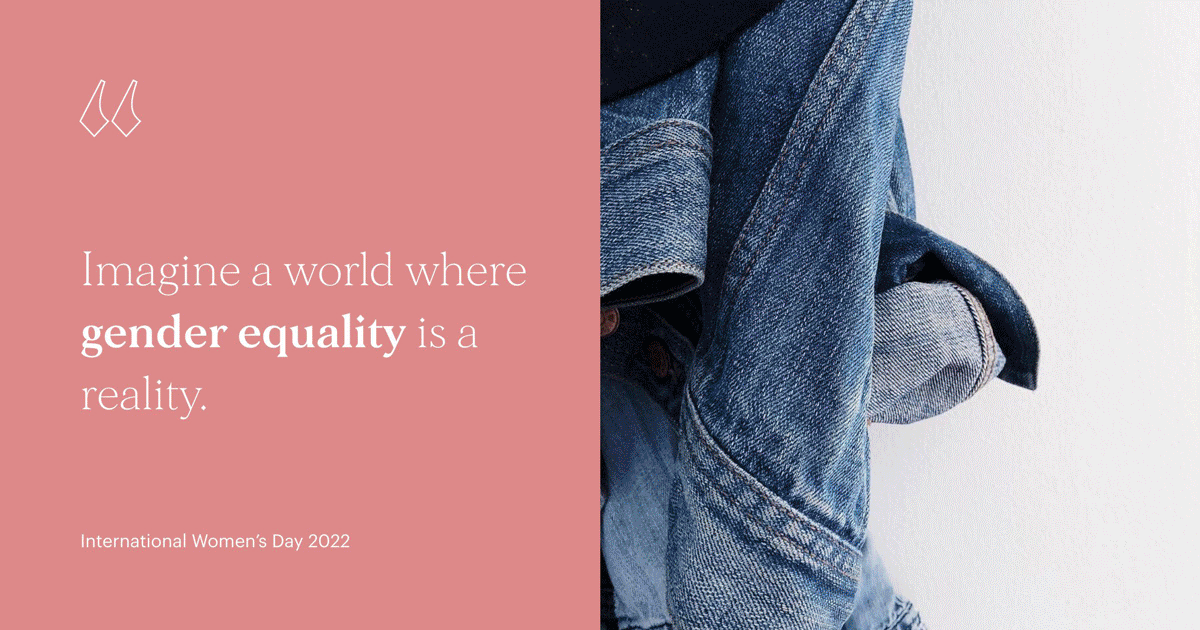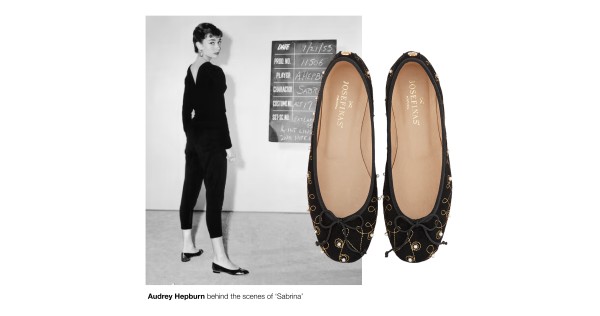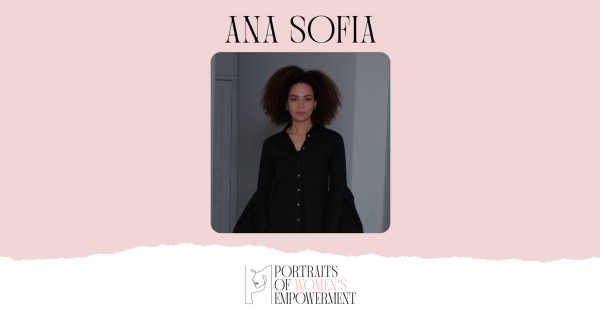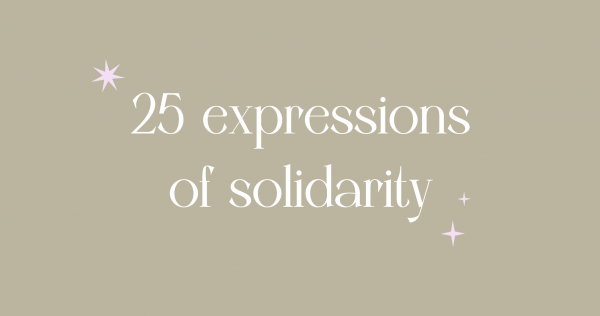#BreakTheBias is the motto for International Women's Day 2022, which is celebrated today and should not go unnoticed until all people have access to the same resources and until human rights are truly universal - regardless of gender, religion, marital status, nationality, political convictions, or financial capacity.
For us at Josefinas, International Women's Day is a day of reflection and awareness of the work that is being done in the fight for Human Rights, but also a reminder that there is still a long way to go.
Today, our Josefinas are kept away and, throughout the day, we'll share companies and projects founded by women who have interesting philosophies and have for a variety of reasons made a difference in their communities and the world in which we live.
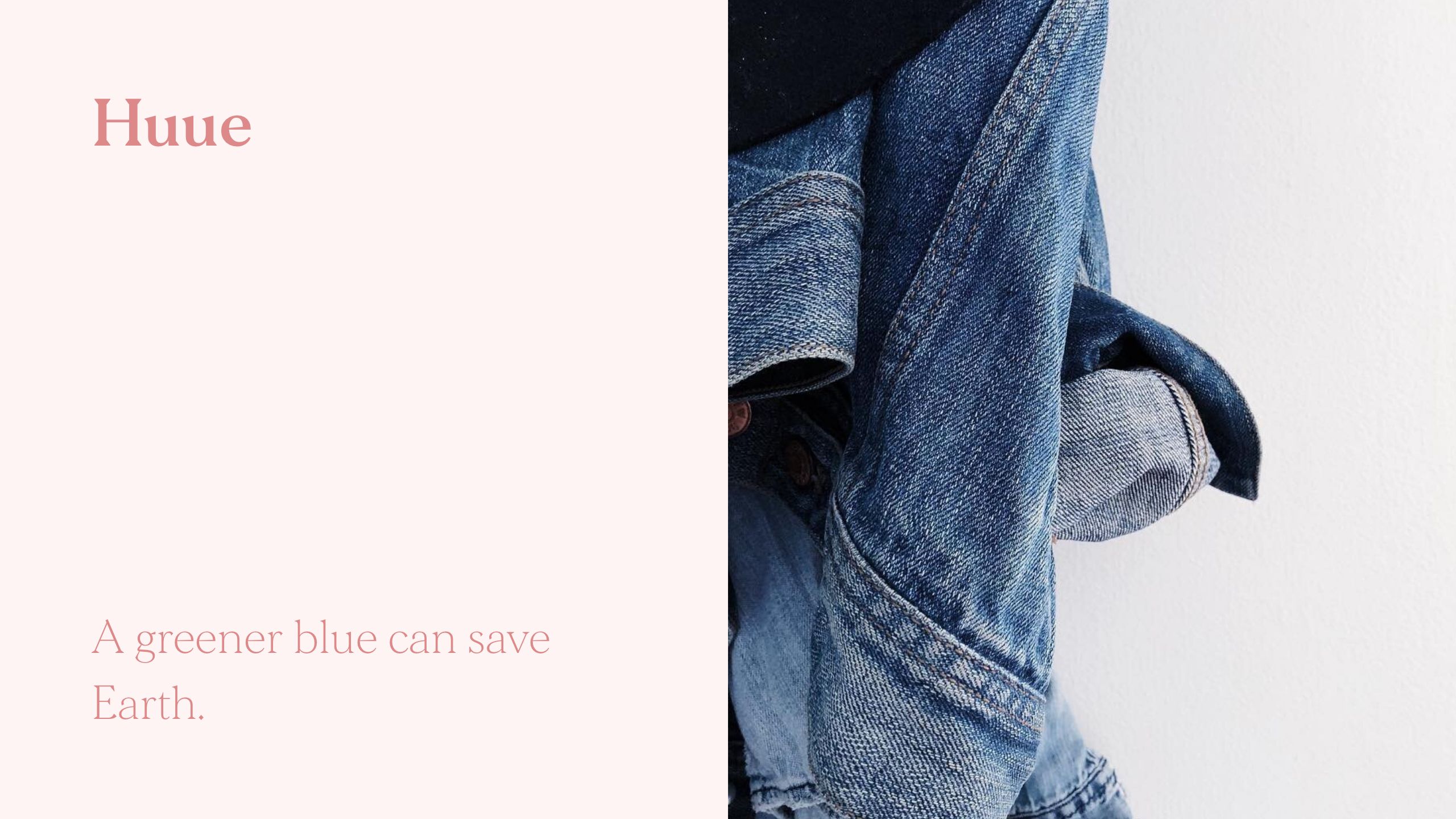
Michelle Zhu and Tammy Hsu are the founders of Huue, a company with an innovative proposal in favor of the environment.
The fashion industry has a huge environmental footprint, and when we are talking about jeans, this is even more worrying. The indigo blue used in jeans is extremely polluting, as it takes hazardous chemicals to be produced, like benzene, formaldehyde, sodium starch, and oil (which is carbon-emitting). This means that its chemicals contaminate hundreds of gallons of water throughout the production process.
With this concern in mind, Michelle and Tammy turned to biotechnology, and alongside their team of experts developed the biosynthetic indigo blue, a solution with five times less potential for toxicity compared to the chemical sources used by most manufacturers.
Huue won the Fashion For Good Award for its innovative work, and the founders have already received some distinctions for the idea and the results obtained. In January this year, Michelle was added to the prestigious Forbes “30 Under 30” list and Tammy was highlighted as one of the #NewsweekDisruptors.
The founders of Huue continue to work to introduce new colors and create the most sustainable dyes in the world for the fashion industry.
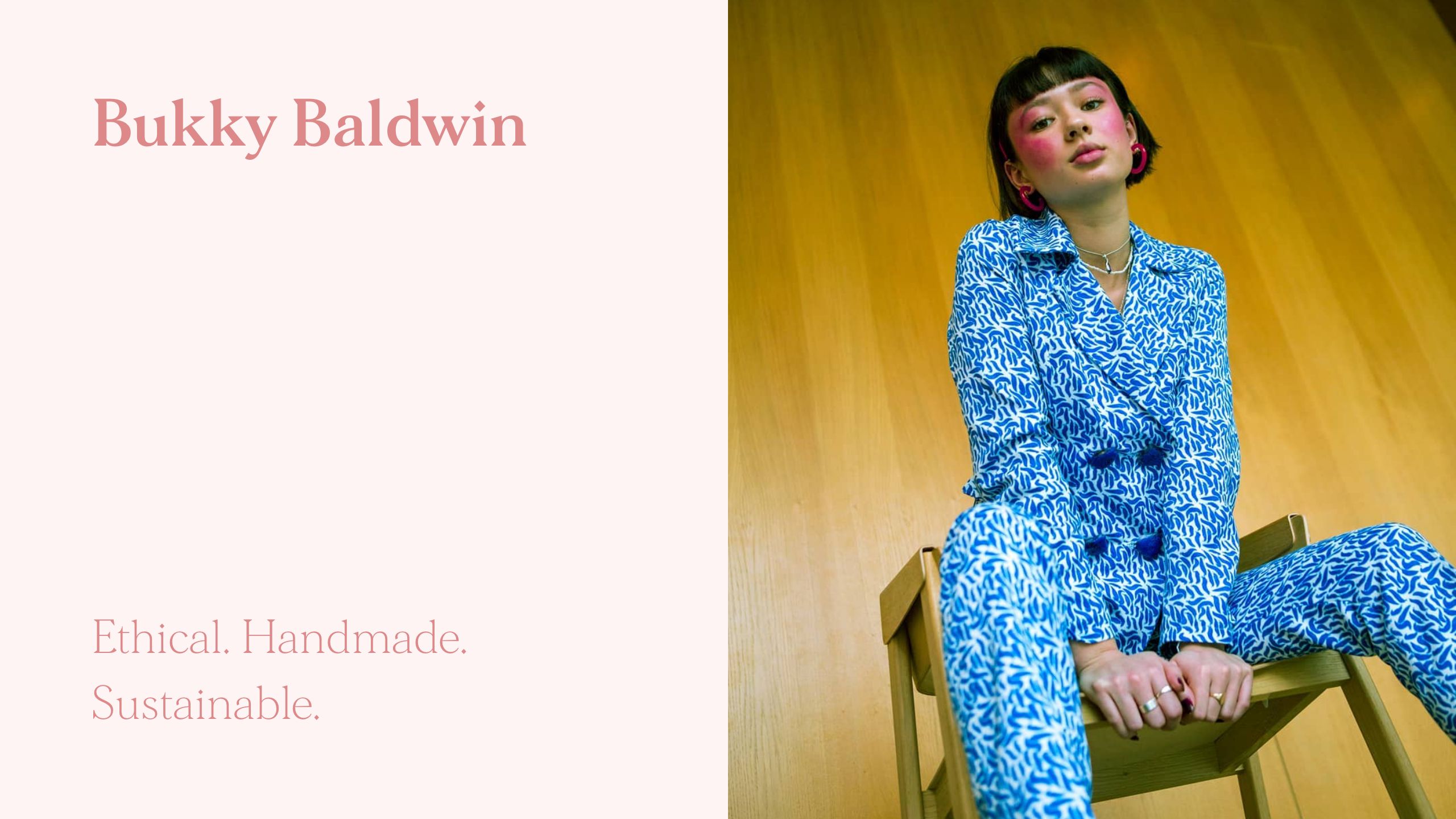
Ibukun Baldwin was born in England and lives in Manchester, but her roots are Nigerian, and she doesn't forget it, sharing it (and well!) with pride. In the world of Ibukun, fashion is slow, personal, fair, and a whole process of sharing... And it was with this in mind that her brand, Bukky Baldwin emerged, which creates impressive pieces and at the same time offers employment opportunities for everyone in society.
Bukky specializes in printing, illustration, and embroidery. Her pieces are handmade by refugees and marginalized communities who need work under a fair wage, and its clothing proposals celebrate the individuality of those who create the piece and those who wear each of the looks.
Ibukun is determined to use this brand as an advocate tool for positive socio-economic change. As the founder of an independent company that believes in ethical decisions, every piece of clothing is created using locally produced polyester (in Manchester), and in order for the impact of her brand on the environment to be as small as possible, Bukky Baldwin works with made to measure production, which means that each product is created especially for each customer.
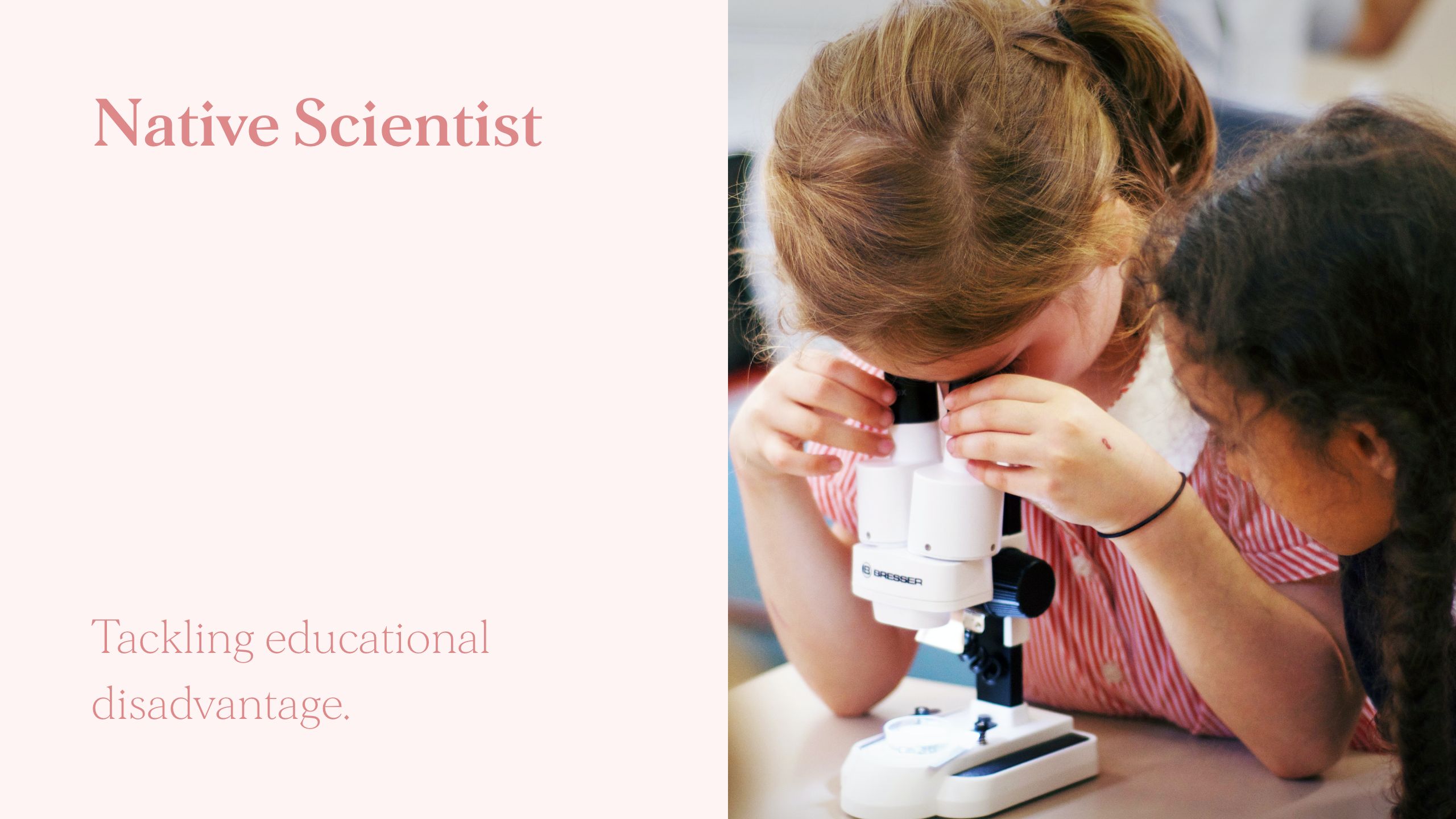
Joana Moscoso and Tatiana Correia are the women behind the idea that aims to promote science and linguistic literacy in schoolchildren.
It's through Native Scientist, a non-profit company, founded by the two Portuguese women in the United Kingdom, that these women demystify prejudices and show that science is essential for our evolution, with the help of an international network of volunteer scientists.
Native Scientist is committed to science outreach and education programs that give children the opportunity to meet scientists and discover the world of science and higher education in an interesting and relevant way, with workshops and classroom experiences in primary and secondary schools. However, the company also invites scientists to return to their primary schools to share their knowledge with today's children, and promotes events in universities, museums and other public places (connecting scientists and adolescents belonging to ethnic minorities and migrants). It also has a program dedicated to companies, training employees for scientific communication and innovation that has science as a basis.
Education is the tool for change. Joana and Tatiana, from Native Scientist, show that this is not just a cliché.
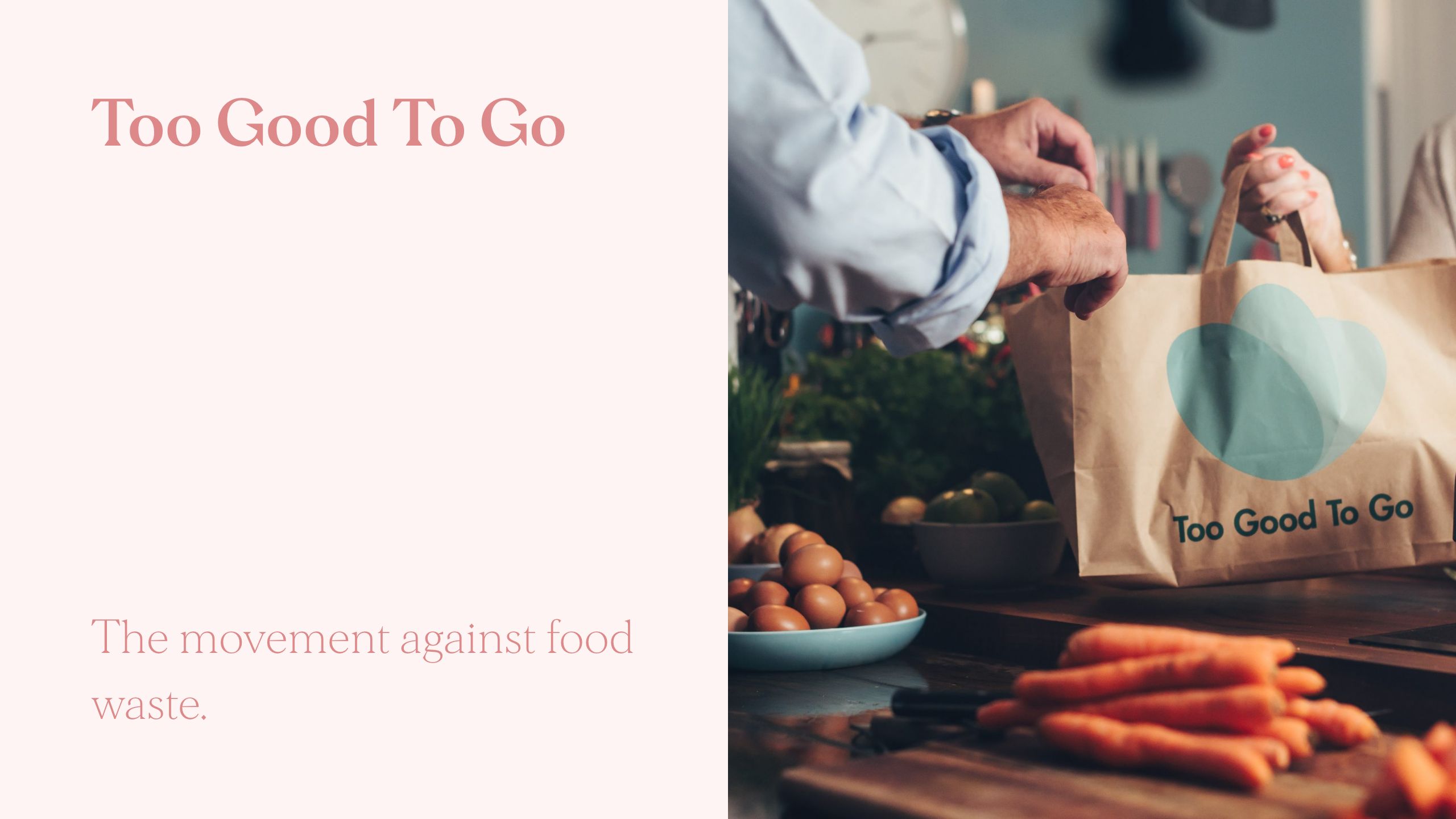
When Lucie Basch and Jamie Crummie learned that each year over a third of the food produced in the world goes to waste, which accounts for 10% of all greenhouse gas emissions, they decided to get down to business and launch Too Good To Go a smartphone app created with the aim of fighting food waste by acting on four fronts: households, businesses, education, and politics.
The idea arose in Denmark in 2016, and Too Good To Go (a certified B Corp) is now present in more than a dozen countries, connecting establishments that sell their daily food surplus to users who can thus acquire quality meals at more affordable prices, contributing to a circular economy system.
Too Good To Go raises families' awareness to the problem of food waste and offers a solution that's advantageous both to us and the environment. The company is developing educational material for schools and universities with the aim of teaching young people to value and respect food, while providing food businesses with a new source of income by giving a new chance to dishes that although safe and good for consumption would otherwise go to waste–either because of their imperfect appearance or because they weren't sold until closing hours. Along with this, Too Good To Go aims to work with the governments of several countries to implement laws for the environment and against waste.
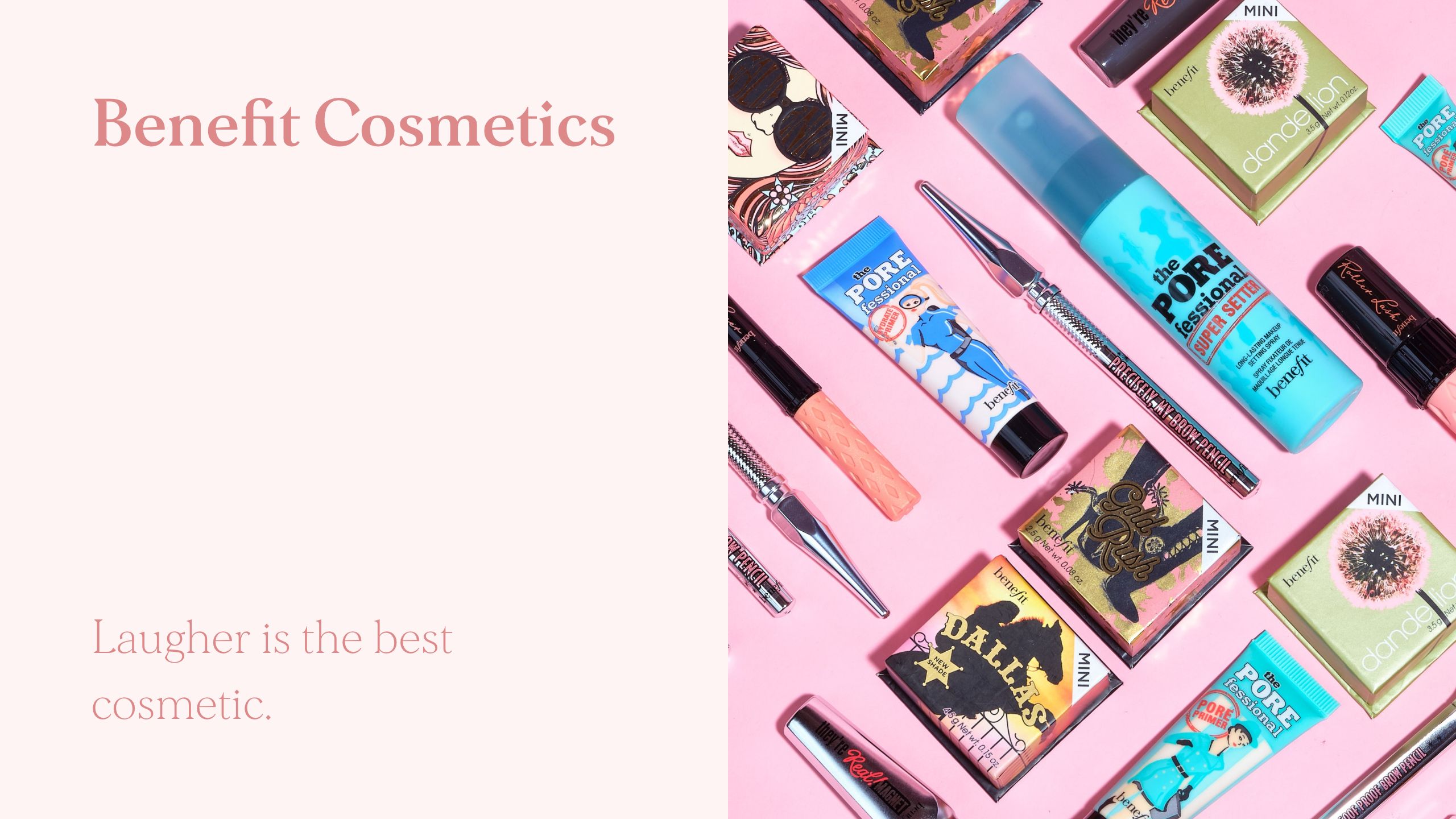
In 1976, twin sisters Jean and Jane Ford flipped a coin: heads, they'd open a casserole café, tails a makeup shop.
The twin sisters were successful makeup artists in Indiana, and made their dream come true and opened a beauty boutique in San Francisco – The Face Place. It was 1976 and the goal was to create a store specializing in quick-fix products for beauty dilemmas – something innovative at that time, which generated a new way of looking at these products. Years later, The Face Place turned to Benefit Cosmetics and the essence of the brand remained.
Benefit, now present in over 50 countries, with more than 3000 Brow Bars and 85 boutiques all over the world, has a mission of female empowerment and, more than a brand of beauty products, is a brand that cares about well-being, that believes that the smile is the best cosmetic, and that is associated with social causes linked to the well-being of women. Since 2008, the daughters and nieces of the co-founders, Maggie and Annie Ford Danielson, are the ones who manage the brand, traveling the world to take fun and specialized knowledge in beauty across borders, and showing women that they should not hide behind makeup, but rather use it to highlight their special characteristics.
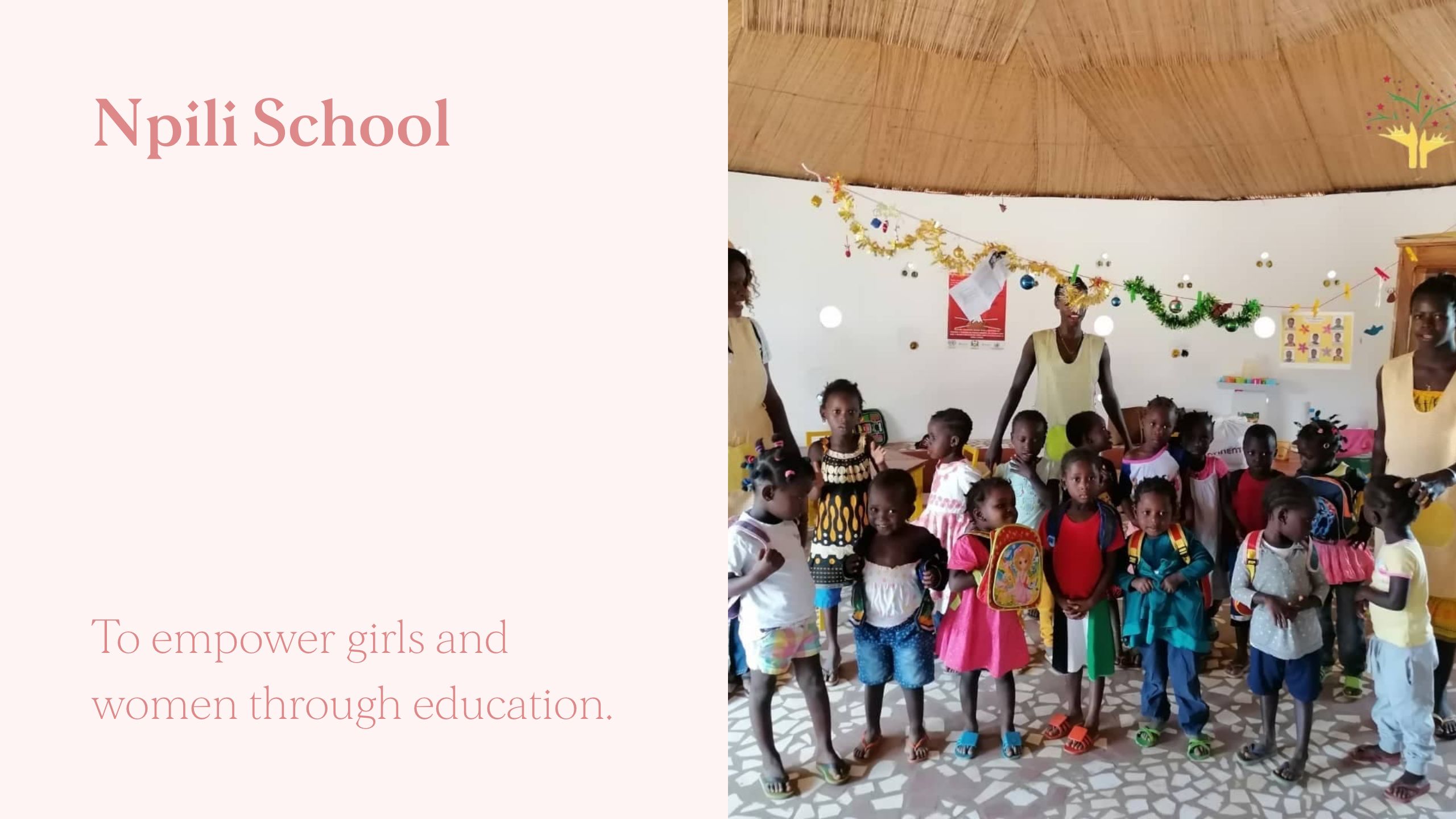
The ATENA Foundation for children and women is a Guinean institution, founded in 2015 with the aim of promoting gender equality and the protection of children and women in the fields of Leadership, Education, Training, and Human Rights.
It is through a school, Colégio Npili, founded by Neima Ferreira, and other projects, that girls and women have access to education and training. The school protects and helps children, young people and women in their school and professional paths, and its main mission is to emancipate girls through access to quality education.
At the moment, the foundation is building a school for girls in Guinea-Bissau, already counting on the kindergarten and a library with more than seven thousand books, donated by our beautiful and generous community.
In the future, the Npili School will offer 15 years of education (from pre-school to the last year of Secondary Education), with the option of boarding for girls with economic and social problems. The path to gender equality is through education, so we could not fail to highlight this foundation that has made a difference in the lives of Guinean communities (which will not stop until it reaches all its goals!).
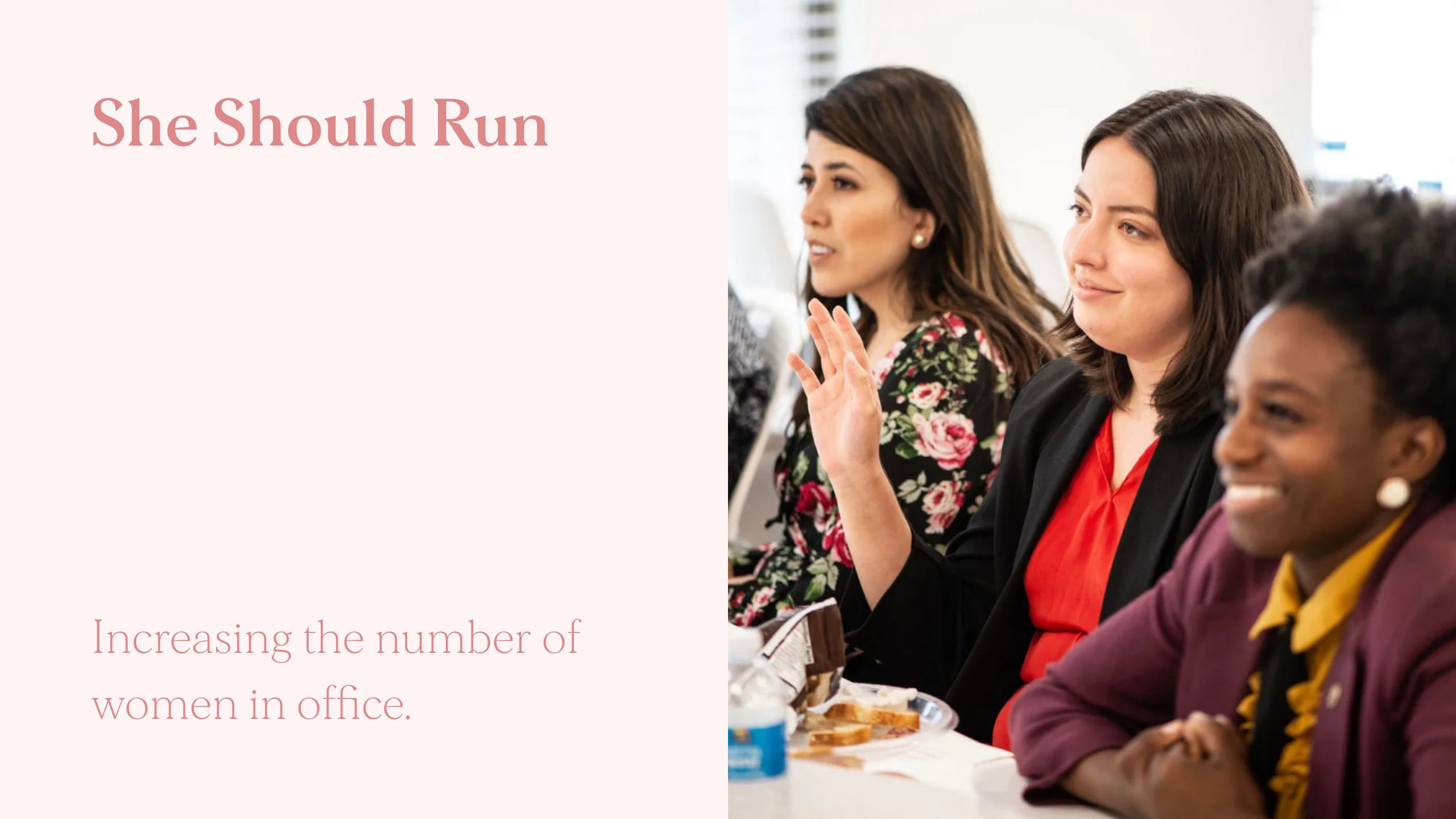
According to the World Economic Forum, Gender Equality has a fundamental influence on the prosperity of communities. This means that a more gender-balanced government is capable of achieving greater success. However, women run less for positions in public office than men, therefore they're underrepresented. In the United States alone, women are underrepresented at all levels in the more than 500,000 elected offices.
She Should Run, a non-profit and non-partisan organization, aims to change this paradigm and significantly increase the number of women considering running for public office.
Founded by Erin Loos Cutraro, SheShouldRun encourages women from all fields to explore the possibility of running for public office by identifying and addressing the barriers that still exist. The foundation works for Gender Equality in politics, and does so through varied programs and content guided by reliable statistics, education, and collective action.
Believing that by encouraging more women to run it will build a more effective and representative government, She Should Run aims to help 250,000 women take political office by 2030.
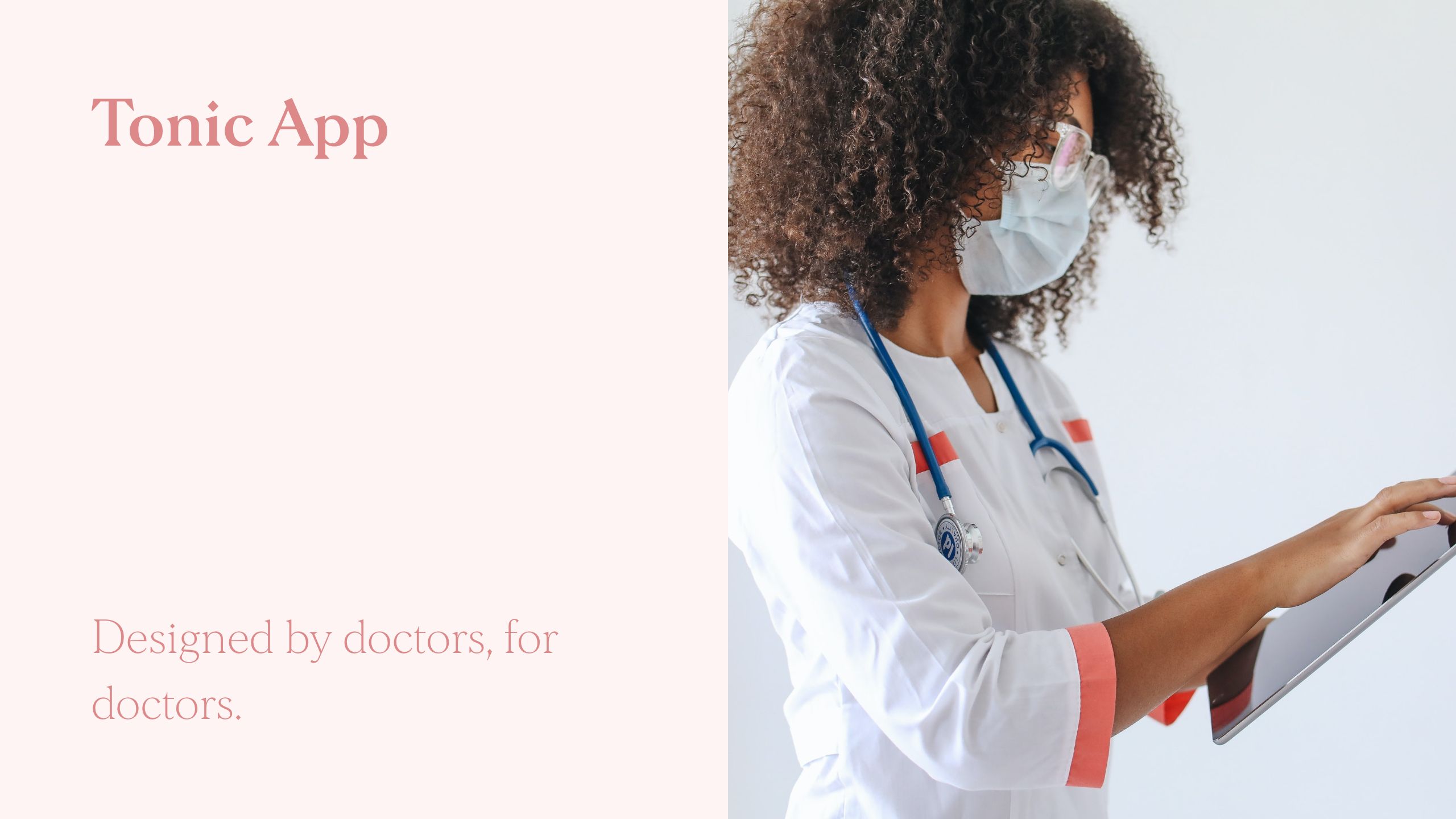
Daniela Seixas, specialist in neuroradiology, decided that it was time to change the corridors of the hospital for an old passion and created the Tonic App, a smartphone application created to improve communication between hospitals, insurers, and pharmaceuticals.
Tonic App helps doctors inform, diagnose, and treat their patients by aggregating all the professional resources they need in their daily lives in a single app. Thousands of doctors use the Tonic App, where, among other advantages, they can stage cancer diseases, use calculators and clinical scales, do intelligent research of clinical guidelines and codes of medical acts, discuss clinical cases, and read news related to the health area.
Being created by doctors and experts, this application is trustworthy and used by over 95000 professionals worldwide.
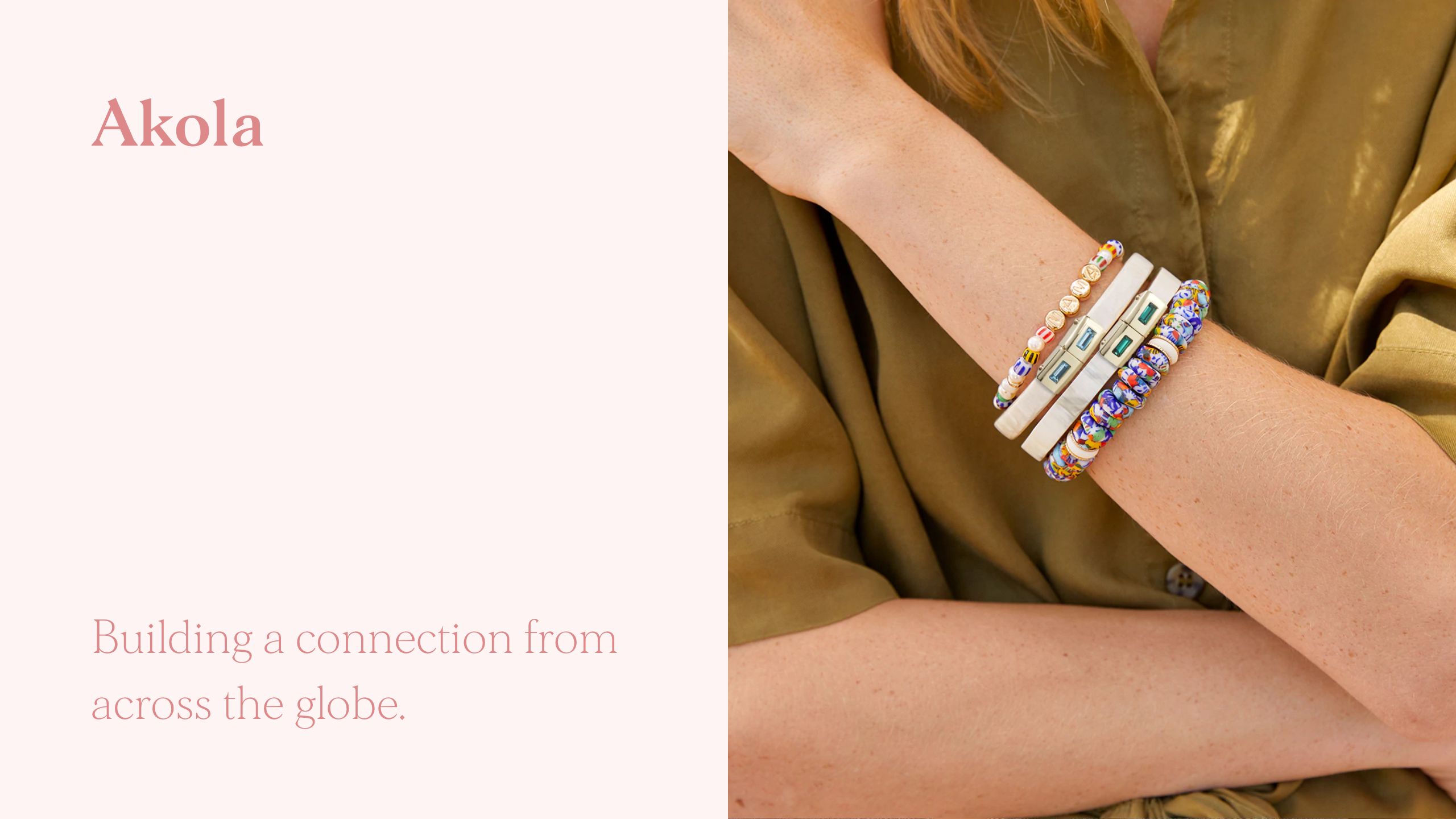
It all started when Brittany Merrill Underwood, a university student, traveled with friends to Uganda. Living a summer adventure was the goal, but when she set foot on the soil of a country she could hardly find on the map, she realized that she didn't want to be there – after all, all the amenities had stayed at the place of departure and fate made her feel uncomfortable, having taken a posture that she now describes as “spoiled”.
At some point, her attitude changed. Brittany decided to ignore the discomfort, take a walk on the outskirts of the capital city Kampala, and, in a house without any basic conditions, met a woman who totally changed her life: Sarah. This woman lived with meaning and purpose, caring for 24 children who slept on the floor – children who had nothing and to whom Sarah tried to give everything.
It was this shock that caused Brittany to set to work to change this woman's life – she raised funds to help Sarah and made a plan to build an orphanage for 180 children in the community. Brittany moved to Uganda and completed the project, meeting many other women in Sarah's situation, and founded Akola to elevate and advocate for women around the world.
Akola means "she works" in a local Ugandan dialect, and the brand creates globally inspired jewellery by offering work opportunities to Ugandan women. Founded in 2007, the brand started with 15 women who created the products under a tree. Today, the brand represents the history and life of every woman. A first job. A first step. A new life.
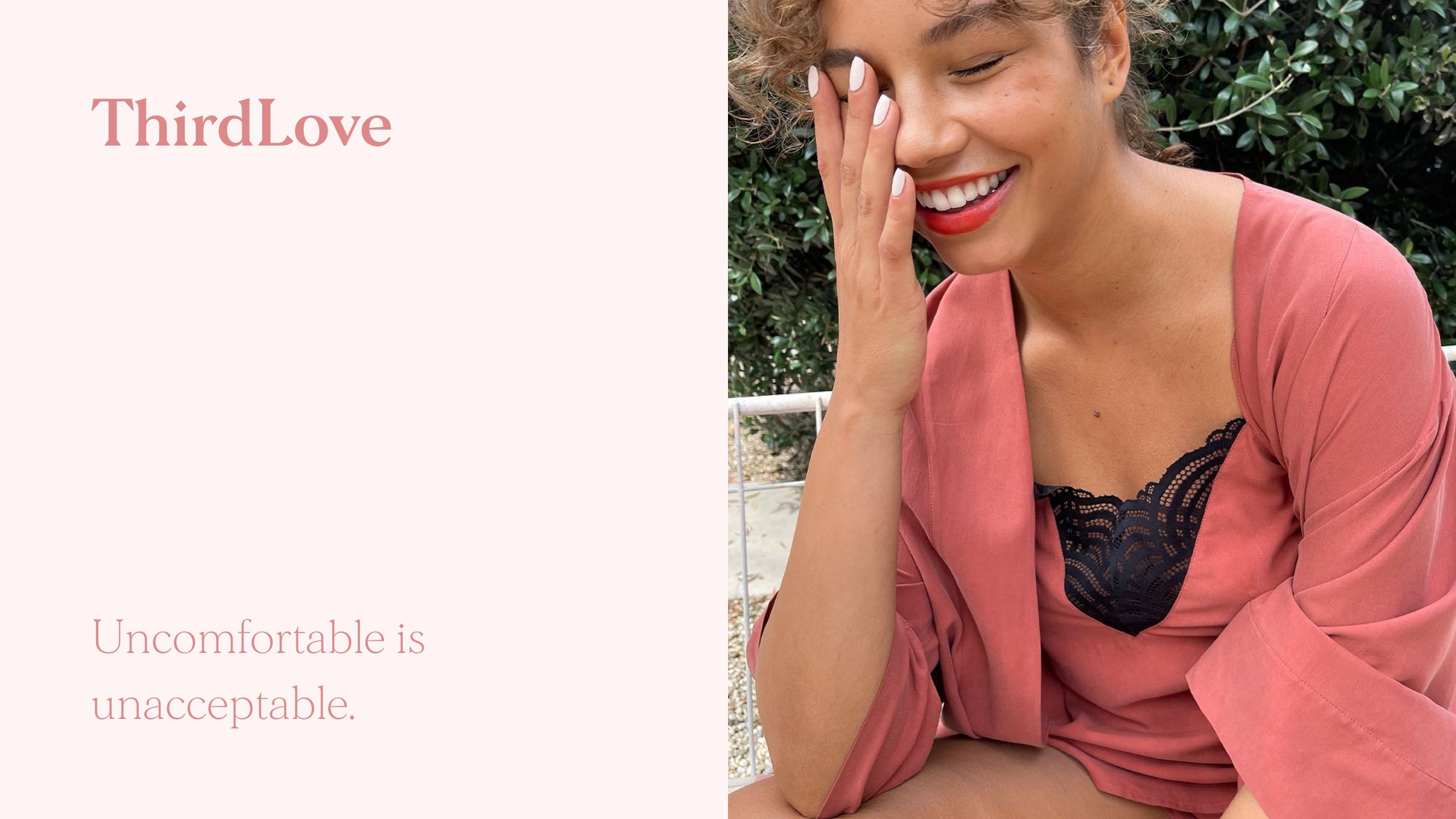
All women should feel comfortable in their daily lives, feel the best version of themselves... and Heidi Zak decided it was time to provide it, from the inside out. In 2013, she and her husband, David Spector, launched ThirdLove, a women's underwear brand that ensures that all women feel comfortable in their skin.
By providing a collection with about 80 bra sizes of, ThirdLove ensures that everyone who wears their products feels good. This is how Heidi and David propel female empowerment, making sure women feel confident and capable to achieving all their goals. With options for all body types, ThirdLove doesn't forget some specific situations, offering bra models for post-surgery, breastfeeding and half size cups.
However, ThirdLove is more than a company that produces inclusive underwear. The company has the American certification of “Great Place to Work”, considers the environmental impact of end-of-life products and develops social responsibility actions. It is the company that donates the most underwear in the United States of America and, in partnership with several institutions, helps women make significant changes in their lives. When returned products cannot be donated or resold, ThirdLove works with TexAID to recycle these materials and give them new uses.
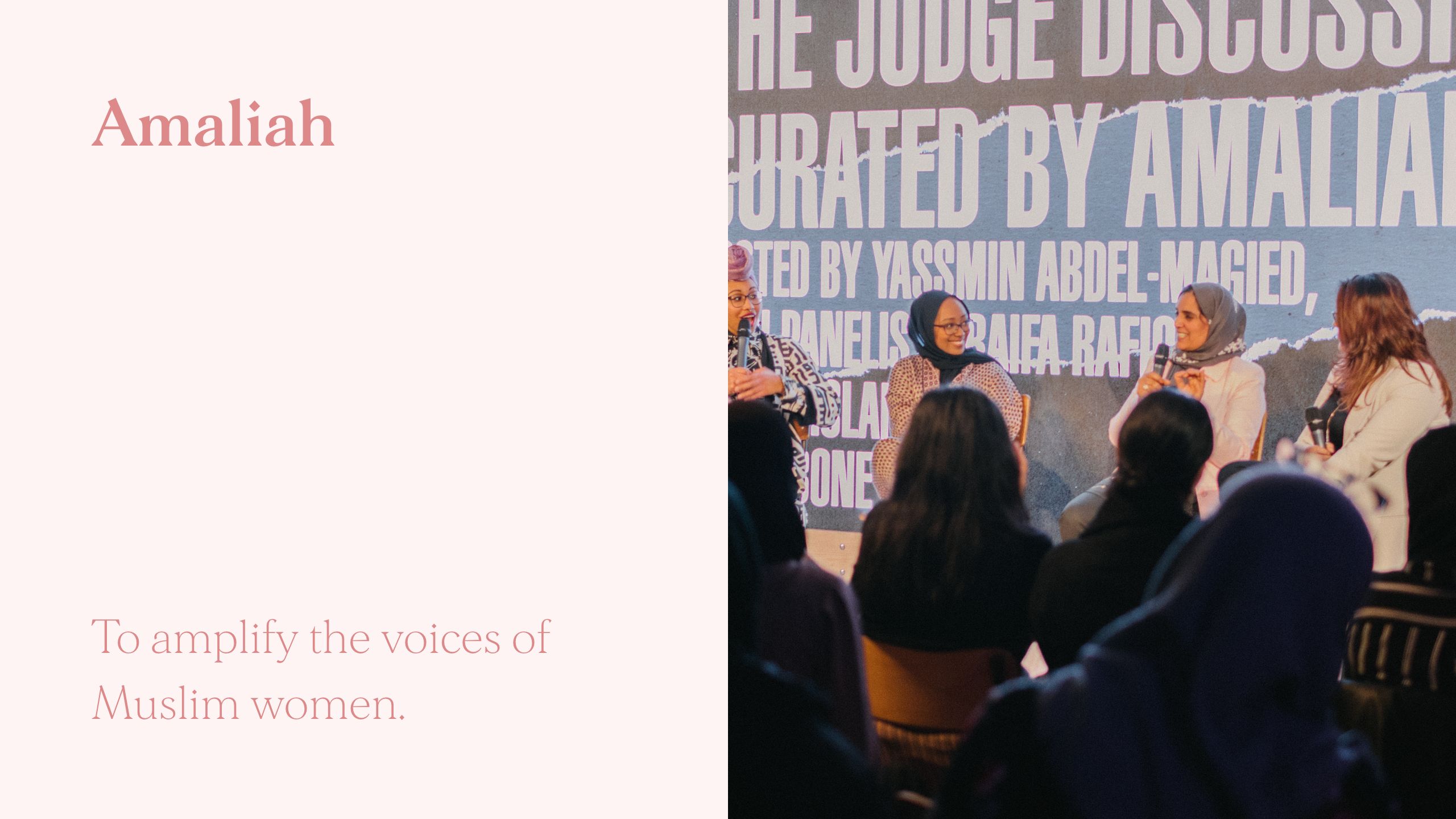
Muslim women have historically been silenced and ignored. To change the paradigm, Nafisa Bakkar and Selina Bakkar founded the platform Amaliah, which is dedicated to amplifying the voices of Muslim women and offering quality content, adapted to the reality of this community. It is no coincidence that the platform has already received several awards and references in media with enormous visibility.
With a digital footprint of more than five million views per month and more than 300 contributors, it is through articles, videos, podcasts social networks, events, and partnerships with brands, that Amaliah highlights the diverse voices and experiences within the community it represents.
Muslim women deserve to be heard – and this is more important than ever. In seven distinct categories (identity, relationships, soul, fashion, world, beauty, and lifestyle), hundreds of themes are addressed from the perspective of the Muslim woman. In addition to being a useful platform for women in this community, it's also a source of information and learning for people from all over the world, of all religions.
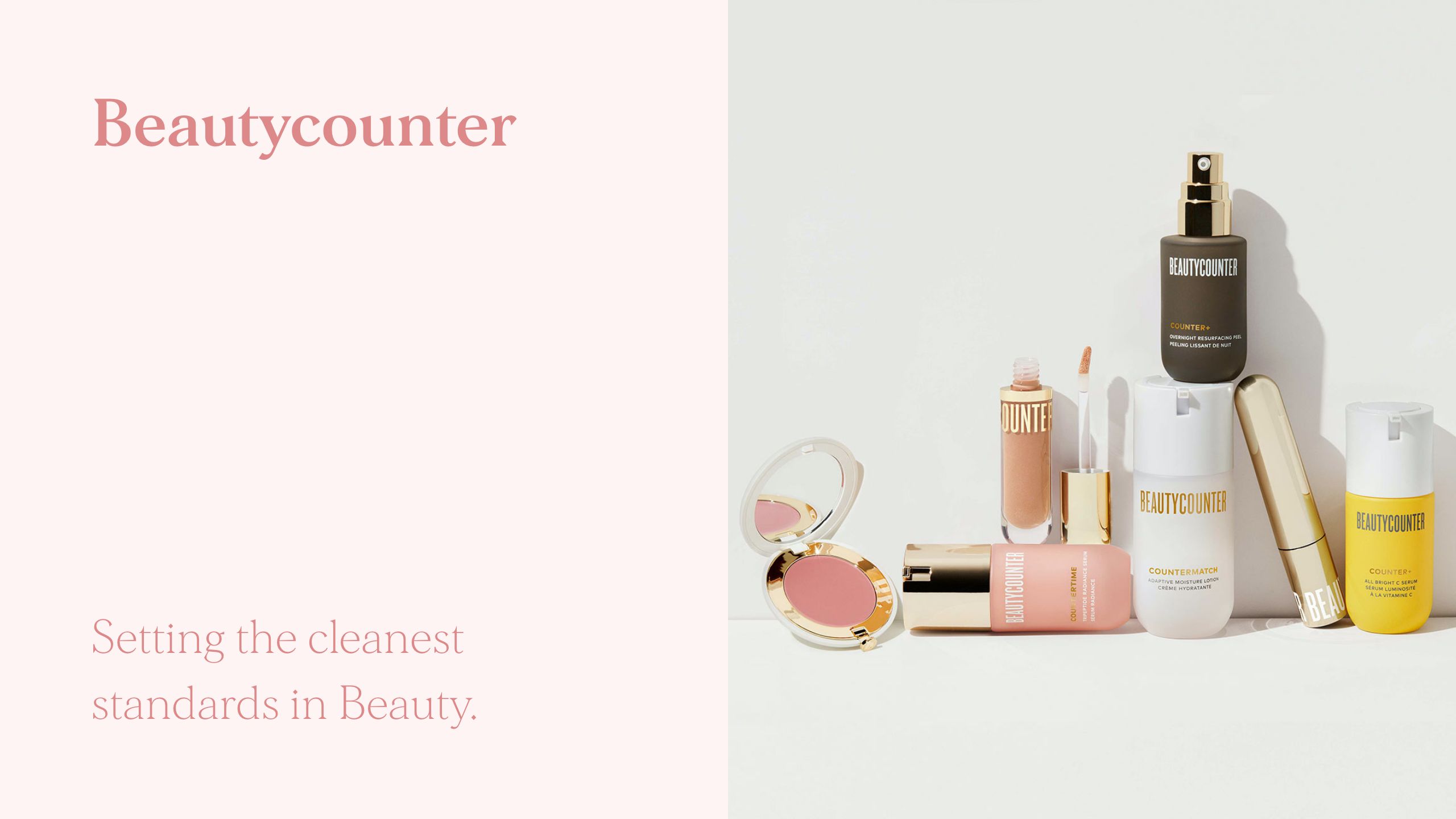
Several studies indicate that serious health problems are linked to continued exposure to toxic chemicals and ingredients harmful to our well-being. In 2011, when Gregg Renfrew found that only 30 ingredients of personal care and cosmetic products were banned in the United States of America, she tried to change the Law.
In the European Union, 1400 ingredients were already banned at the time, and Gregg was concerned about the criteria used in the United States of America – she had never questioned the toxicity of the products that were part of her routines, as she assumed that, because they were being sold, they met strict criteria. While fighting for change with the responsible entities, she created an alternative that didn't yet exist in the market and launched Beautycounter.
Beautycounter emerged in 2013 with the aim of actively contributing to the changes in the beauty industry: offering make-up and beauty and skincare products with quality and not harmful to the body is its mission. The ingredients used by the brand are as sustainable as possible and non-toxic. Beautycounter is fully transparent in its communication and production, revealing that all its products and partners meet 12 unavoidable safety standards. The brand is certified by Leaping Bunny, takes into account its ecological footprint and impact on the environment, and works with scientific advice in the development of its formulas.
